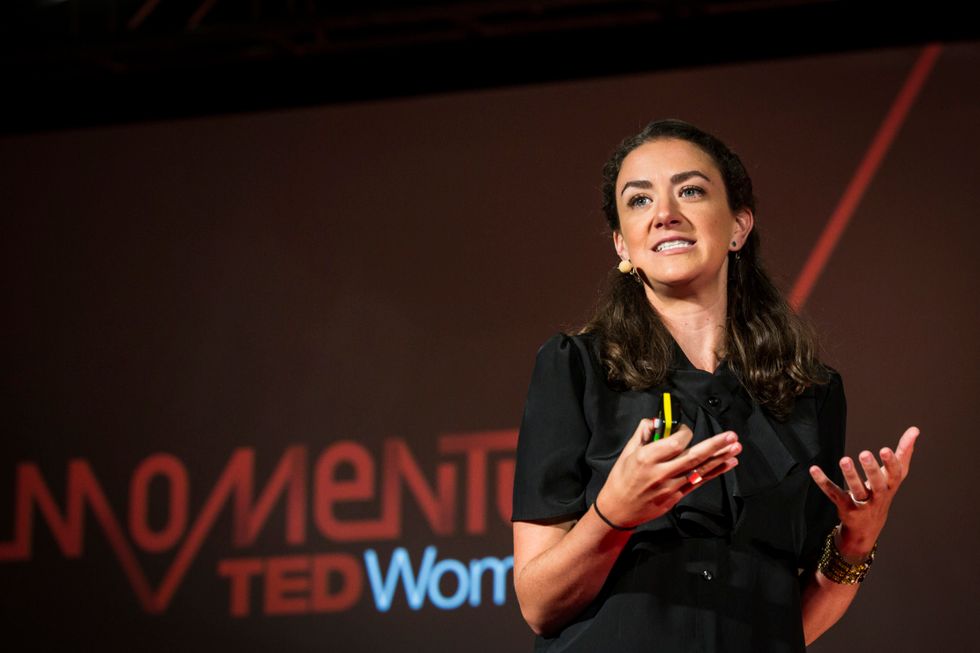This weekend, I attended a series of TEDx talks held by Cooper Union in New York City. As I sat there in the room and watched the speakers come and go, I asked myself: how did I even get introduced to TED talks? This question was easily answered when one of the speakers started to share his middle school experience at the International School of Ouagadougou in Burkina Faso. For him, that was where he learned an applied the craft of diplomacy.
I was introduced to TED talks in Burkina Faso as well, at the same school. I remember my English teacher using these talks as learning tools and making them equivalent to any of the other texts we read. That year in my 10th grade English class of 12 people, we went through a series of talks all related in some way or another to the use of the language the importance of language followed by meaningful conversations.
The next year in AP Language and Composition, with the same English teacher from the prior year, we used new lenses to see the world through new talks, new people and new ideas. Senior year, I moved away and attended a different school. This time there were no TED talks in my English class, but rather a curriculum filled with Faulkner, Shakespeare and Twain. In many ways, their ideas and the way they were spread makes them, for lack of a better term, the OGs of TED talks.
During these past two semesters, I have referred to these talks and the conversations that followed them in my essay and during conversations with people so many times. I knew this then but it’s been confirmed every day that my high school experience was extremely relatable. It was relevant then and it is now.
Needless to say, my journey of wokeness began in 10th grade, in Mr Spreng’s class. It continued in a small town of Rhode Island with Mr. O’Connor. It because of these experiences that I do things like attending TED talks. They are part of the reason why I can claim this journey to wokeness. It’s because Mr. Spreng made his students read and compare Aya de Yopougon, a cartoon love story set in the streets of Abidjan, Ivory Coast, to Romeo and Juliet. It’s because Mr. O’Connor had us write florilegia every night to respond to Faulkner or Twain.




 mr and mrs potato head
StableDiffusion
mr and mrs potato head
StableDiffusion










